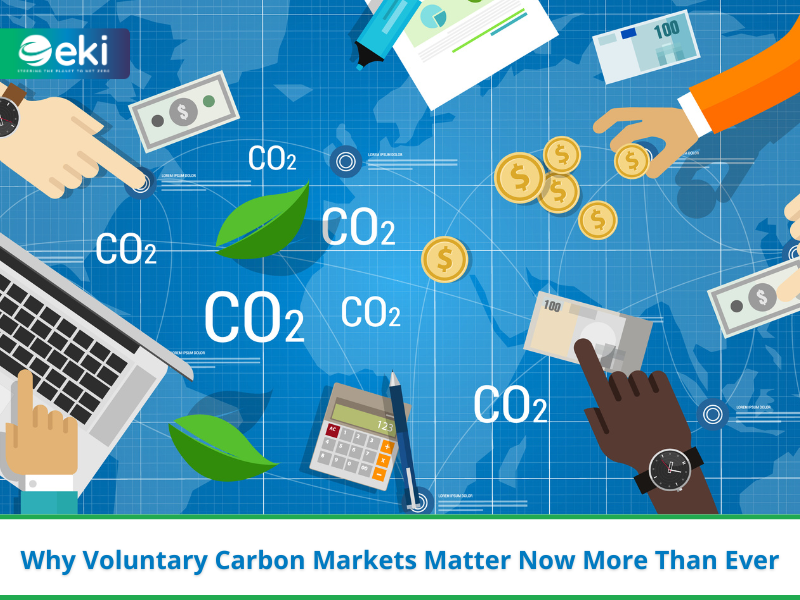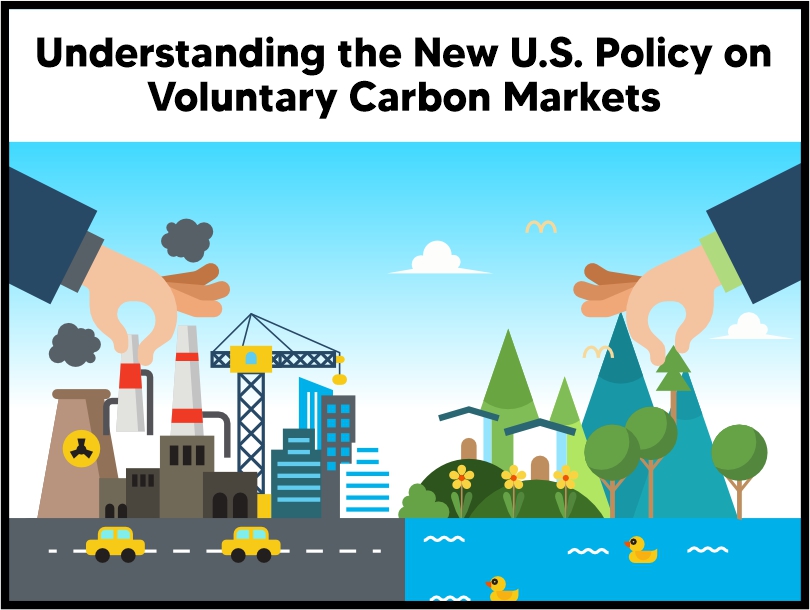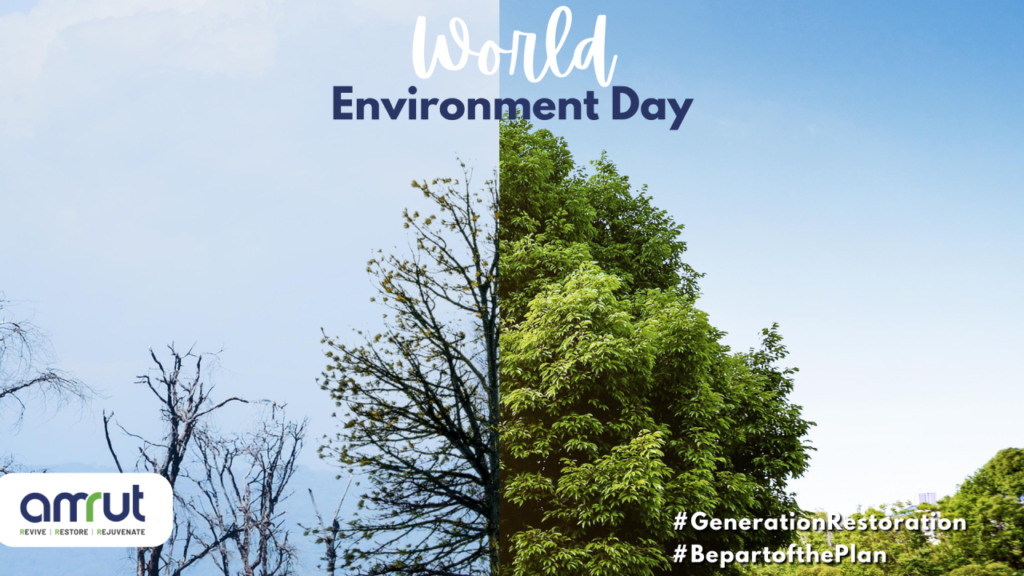Over the past few years, the discourse around climate change has been predominantly focused on the natural world – melting ice caps, forest fires, extreme weather phenomenon, and sinking tropical islands. However, a recent report commissioned by the Mayor of London casts a spotlight on an equally pressing, yet often overlooked, aspect of climate change: its impact on urban centers.
It is imperative that in the current scenario, with the impact of climate change more evident than ever and the global population increasingly moving to cities, urban planning is taken into consideration when speaking of climate change adaptation. There are multifaceted challenges that climate change poses to cities, exploring the economic, social, and infrastructural implications, and underscores the urgency of adaptive measures to safeguard these urban hubs.
The Urban Climate Crisis: More Than Just a Coastal Problem
Cities, the engines of global economic growth, housing over 80% of the world’s GDP and a majority of its population, are on the frontline of climate change. Major urban ports in America, for instance, are at risk of being swamped due to rising sea levels. The 2050 Climate Change City Index by Nestpick starkly illustrates this, placing cities like Bangkok, Amsterdam, and Dubai among the top ten at risk of sea-level rise. Notably, the OECD projects that over 5 million Bangkok residents could be exposed to flooding by the 2070s.
However, the threat isn’t limited to coastal cities. Riverside urban areas like Paris, Cairo, and New Delhi are facing increased risks of flooding. Cities distant from significant water bodies are not spared either, with the likes of Phoenix and Mexico City grappling with drought. Adding to this is the projection that the number of cities exposed to extreme heat could almost triple by 2030, with extreme weather events becoming more intense and frequent.
The potential human and economic costs are staggering. In rapidly urbanizing African and Asian countries, millions of impoverished city dwellers are at a direct risk of flooding, heat illnesses, and famine. The urban heat island effect, where cities are hotter than rural areas due to heat absorption by buildings and emissions, is expected to worsen.
In India alone, hundreds die each year owing to heatstroke already. This could render urban centers like trading floors and factories uninhabitable, with C40, a network of cities, estimating climate-related flooding and drought to potentially cost major cities $194bn annually.
The Paris Agreement and Urban Action
With the Paris Climate Agreement’s goal to limit global warming to 1.5C, or well below 2C, increasingly looking like a distant dream, cities need to urgently rethink their adaptation and resilience strategies. Some cities are taking bold steps; the Indonesian government, for instance, plans to relocate its capital from Jakarta to a new city, recognizing that 40% of Jakarta is now below sea level. Other cities are focusing on greening initiatives, like parks and gardens, which help cool urban spaces and reduce flood risk.
Indore – crowned as the cleanest city of India for a couple of years has also taken some climate friendly initiative to do its part in fighting climate change, which includes water supply, sewage and septage management, urban transport, drainage, green spaces.
Looking at various cities worldwide, the responses to climate change offer valuable lessons. For instance, Copenhagen’s investment in bicycle infrastructure and green roofing demonstrates a commitment to reducing its carbon footprint and enhancing urban resilience. Similarly, Tokyo’s sophisticated flood control system showcases how technology and engineering can mitigate the impact of extreme weather events. These examples underscore the importance of tailored strategies that consider each city’s unique geographic and socio-economic contexts.’
However, many cities are lagging in their preparations. London’s report highlights the city as “underprepared” for the impacts of climate change. Retrofitting aging infrastructure in densely packed urban spaces is a complex, disruptive, and costly affair. To navigate this, cities must develop comprehensive adaptation strategies, possibly reforming planning rules and ensuring local areas have the necessary resources. They can also hire professional services for spearheading these transformative processes for urban planning.
Funding these adaptation efforts is another hurdle. While regional and multilateral lenders can offer support, especially to cities in developing countries, ramping up investment in flood defenses, land engineering solutions, and green technology is critical. However, this requires a delicate balance of financial allocation between urban centers and less affluent regions, avoiding perceptions of bias.
Carbon credits emerge as an important solution to all the climate action finance related solutions. And like Indore earns from its efforts via carbon credits, most other cities too can adopt this model to finance their technological transformations for climate change related adaptation.
Political and Social Challenges
The political landscape in addressing urban climate resilience is fraught with challenges. Boosting resilience could be misconstrued as diverting funds from needy regions to more affluent urban areas. Moreover, urban populations may resist essential, albeit visually unappealing, infrastructure changes. It is crucial for national and local governments to navigate these challenges effectively.
The road ahead for urban centers in the face of climate change is undoubtedly challenging. However, it’s a path that must be navigated with urgency and innovation. National and city leaders must collaborate to develop and implement effective strategies that address the immediate threats while planning for long-term sustainability. This includes investing in green infrastructure, adopting smart city technologies, and ensuring community involvement in the planning process.
Community engagement, in particular, is vital. It ensures that the needs and voices of the most vulnerable are heard and addressed. Moreover, fostering a culture of sustainability and resilience at the community level can lead to more effective and widespread adoption of climate-positive practices.
Cities are not only economic powerhouses but are home to a significant portion of the global population. The task of making them resilient to the impacts of climate change is immense, but it is also an opportunity to reimagine urban living, to create cities that are not only resilient but are more livable, sustainable, and equitable. The time to act is now, and the future of our cities, and indeed, our planet, depends on it.










